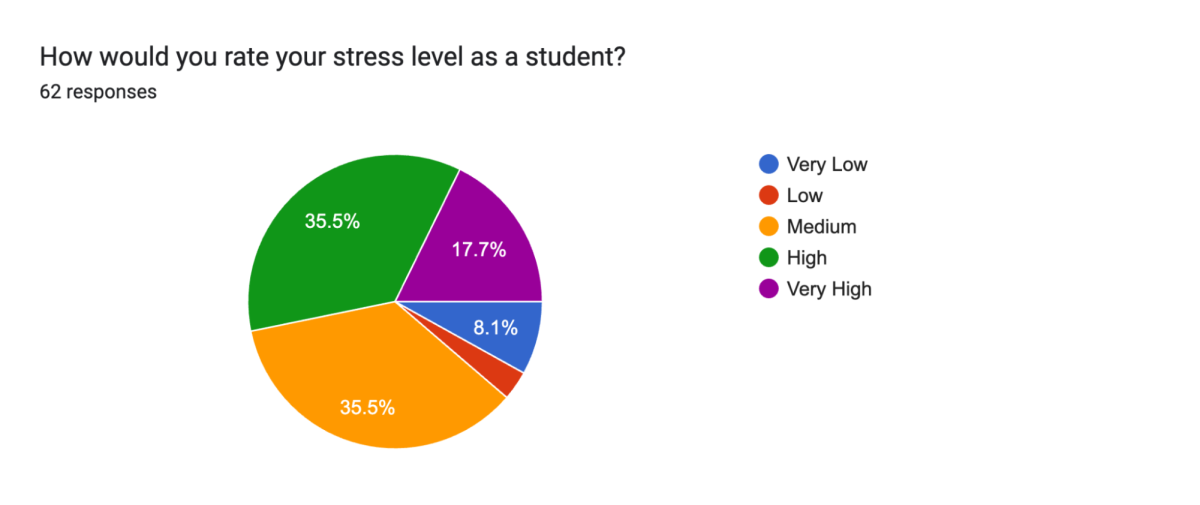Misplaced fears undermine the realities of rape culture
December 10, 2016
Parents have recently become afraid for their sons to go to college because of an increasing “outbreak” of sexual assault accusations. They are afraid that their sons will be falsely accused of sexual assault and it will not only ruin their college life, but follow them for the rest of their lives. This fear, while understandable, is unjustified by the facts and detrimental to the realities of rape culture.
The likelihood of a false sexual assault accusation is very low. According to the Federal Bureau of Investigation, only 2 to 8 percent of cases are fraudulent. This is the same amount of false reporting for any other crime, but no one is numb with fear over their kids being falsely convicted of robbery or kidnapping. According to the National Sexual Violence Resource Center, the truth is that 9 percent of sexual assault victims are men. It makes more sense to worry about boys being sexaully assaulted themselves than being wrongly accused. So why, when 92-98 percent of accusations are valid, is there so much of this misplaced fear?
To be fair, there have been some high profile cases where the tragedy of a wrongful accusation has forever altered a person’s life. The writer of the infamous “Rolling Stones” case, which followed the gang rape of a girl named “Jackie” in one of the University of Virginia’s fraternity houses, has recently been found guilty of defamation over her faulty reporting. The untruthful story resulted in serious repercussions not only for the alleged assaulter, but for UVA’s staff as well.
However, these high profile cases are few and far between. More importantly, they are insignificant in number in relation to truthful sexual assault claims, not even accounting for the countless cases that go unreported. The most troubling aspect of this fear of being falsely accused of sexual assault is that it undermines the seriousness of rape culture and contributes to the doubt people who do want to report their cases experience.
“The uncovering of false accusations starts to discredit all sexual assault victims and those who have spoke out. This likely leads to guys thinking that sexual assault isn’t real or even worse, that it’s super easy to get away with due to the lack of evidence that can be collected,” senior Sydney Lee said.
A 2015 Washington Post-Kaiser poll revealed that 1 in 5 women are sexually assaulted in college, but only about 20 percent of cases are reported. Victims say they fear reprisal, do not think their cases will be taken seriously, or believe sexual assault to be a too-personal issue to report.
Even when cases do get reported and do get prosecuted in court, many offenders receive relatively light punishments for their actions. National estimates indicate that only five rapists go to jail out of every 100 rapes. In Brock Turner’s recent Stanford rape case, Turner was found guilty of three felony counts for his rape of an unconscious girl, which happened to have two eye witnesses. He could have received up to fourteen years in prison. Instead, Turner was sentenced to just six months in jail and three years of probation. He served just three months.
Furthermore, the process of reporting a sexual assault has safeguards in place to protect against false accusations. On college campuses, university officials regularly discourage victims from going to the police, preferring instead to deal with the issue internally. Then, the rigorous, often invasive process of going through a medical examination can be daunting and overwhelming. The case must be thoroughly investigated and reviewed to see if there is sufficient evidence of a crime. Often, the only way to have sufficient evidence is if the case is reported immediately, an onerous task that may not be a priority for an emotionally distraught victim. Moreover, if the case is pursued, months or even years of legal battles in court may lie ahead for the survivor, which can jeopardize any anonymity in the case. Victims also may be subjected to repercussions from their peers, including slut shaming, and psychological trauma may follow them everywhere.
Then again, the fear of being falsely accused of sexual assault may end up having a few benefits.
“It causes boys to be more cautious and careful in how they go about having relations with girls and causes there to be a higher stress on communication so that both parties consenting are consenting to whatever they are doing,” senior Tyler Gannon said.
In a country where 12 women are making accusations of sexual assault against our future president, it is more necessary than ever to prioritize the right issues and ensure that the real victims are heard. Sexual assault is a violating and disgusting act and we should be addressing the underlying problems in rape culture, not perpetuating a misplaced fear.





![WASC looks for more than the basic California State standards. According to chairperson Mike Woo, “As new rules and new concerns come up through society, [WASC] look[s] is the school doing something about that. Like the biggest trend post-COVID is mental wellness. So is your school doing something to address the mental health of the students? Along with are they still doing the proper academics?”](https://theburlingameb.org/wp-content/uploads/2024/03/IMG_3401-1200x1200.png)























![“For me personally, I want [others] to see the music program as a strong union because we can really bring out the life of our school,” Vega said. “We need music, you know? Otherwise, things would be really silent and dead.”](https://theburlingameb.org/wp-content/uploads/2024/03/unnamed-1200x801.jpeg)







